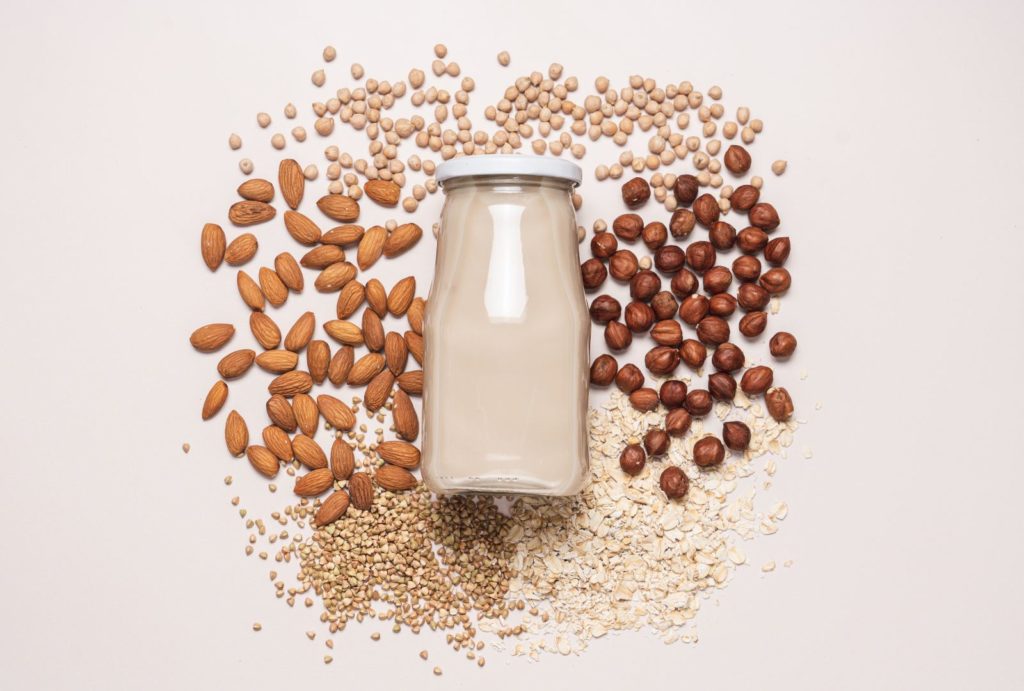In the last years, plant-based diets have gained in popularity as people have become more conscious about their health and aware about the environmental challenges. A plant-based diet primarily consists of vegetables, fruits, legumes, nuts, seeds and whole grains. Plants are rich in anti-oxidants, vitamins, minerals and fiber. In this article, you will find all you need about plant-based diets.

Eating Plant-based Food
Clinical research has shown that eating predominantly plant-based food, contributes to reducing the risk of chronic conditions such as high blood pressure, heart disease, Type 2 diabetes, Alzheimer’s autoimmune conditions, certain types of cancers and many types of digestive disorders. The main three predictors in chronic diseases are genetics (accountable for 30%) and lifestyle (accountable for 70%) among which diet is the most important factor.
Our genes cannot be modified but their expression can, and this is where diet plays an important role in providing us with the daily tools to take control of our health on a daily basis. Also, a diet rich in fiber contributes to reinforcing our microbiome that in turn will provide us with the necessary compounds that are indispensable to our health. And at the same time contributes to reducing the cholesterol levels due to absence /reduction of saturated fat present in animal products thus 55improving overall cardiovascular health
A plant-based diet also contributes to supporting our environment reducing the carbon footprint, the amount of land or of water needed. A reduction in our daily meat consumption will also have a positive effect in deforestation and greenhouse gas emissions. If we talk environment, we can also mention the animal’s well-being: going plant based will certainly contribute to decreasing the animals’ sufferings and mistreatment by the food industry.
Are there only advantages to going plant based?
On the downside, certain nutrients like Vitamin B12, Iron, Calcium and Omega 3. In plant-based foods might be deficient or may be present in a dietary form that is less efficiently absorbed by the body. Thus, it is always recommended that meals are more carefully planned and supplementation considered in case of deficiencies.
Another difficulty that needs to be taken into account when going plant-based is that it can be socially challenging as dairy products and animal products are central in most dinners and gatherings. It might be difficult when eating outside to find restaurants offering suitable dishes.
Finally meeting the required amount of protein intake can be challenging as vegetable proteins can be more difficult to prepare and to digest if a person has never been exposed to that food category. Cutting out meat, eggs, fish and dairy impacts the overall protein intake dramatically and this sometimes leads to increasing the carbohydrate intake with the result of adopting an imbalanced diet.

Plant-based Diet or Not
In Conclusion a plant-based diet offers a lot of health and environmental benefits but it can be also challenging at the beginning to plan a balanced diet and to incorporate the right daily amount of protein. Consulting with a health care professional or a nutritionist can help you make the right informed decision with respect to your personal situation.
If you need help with your diet, I would like to help you:




